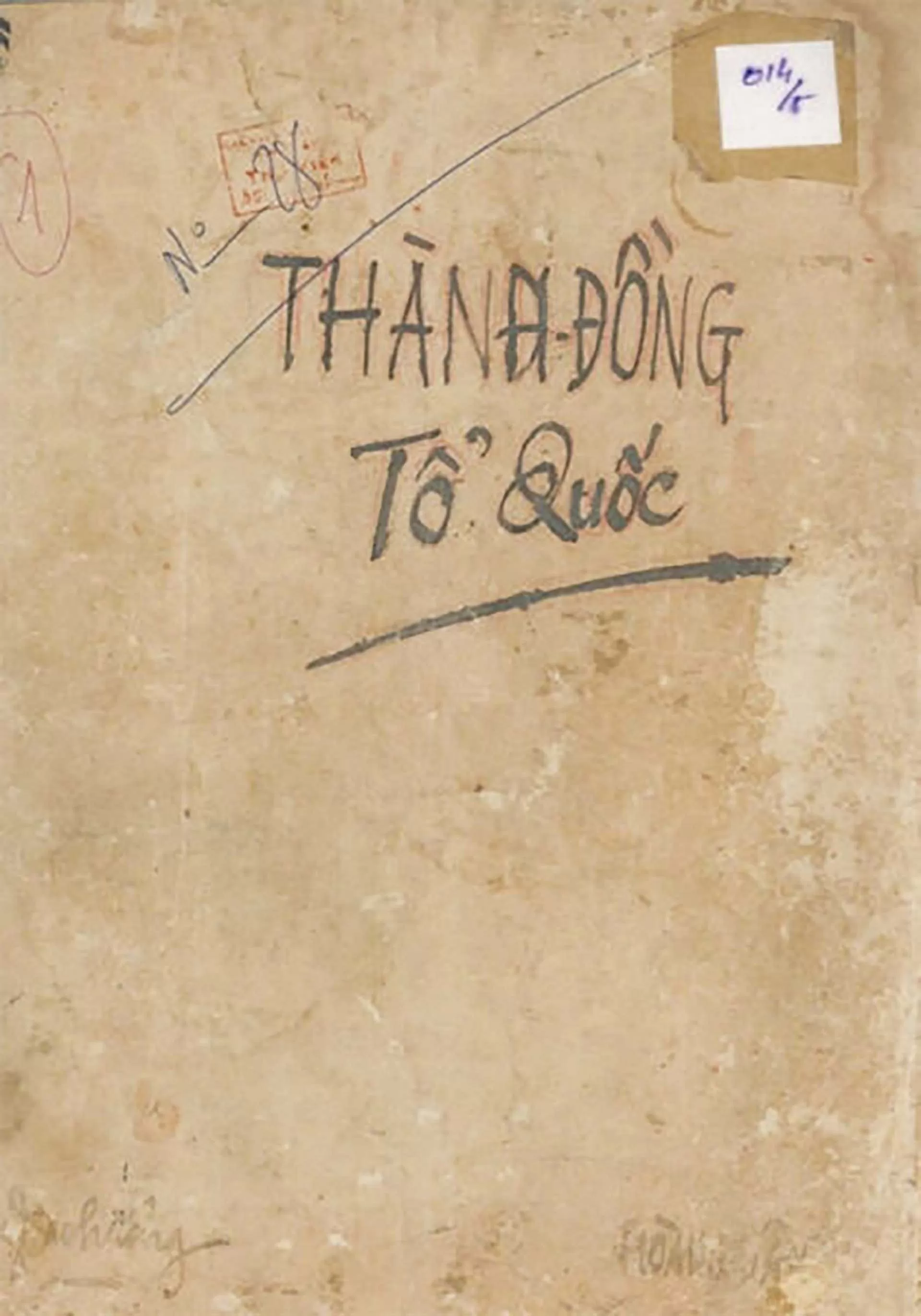 |
| The work “Citadel of the Fatherland” by musician Hoang Van. (Source: National Archives Center III) |
Hoang Van (1930-2018) is one of the great musicians of Vietnam's revolutionary and modern music . His name is associated with many classic works such as Ho keo phao, Quang Binh que ta oi, Bai ca nguoi tho mo, Tinh ca Tay Nguyen, as well as many symphonies, choirs and film music such as Parallel 17 ngay va dem, Con thu tat han, Em be Ha Noi ...
The collection of musician Hoang Van, honored by UNESCO, includes more than 700 musical works composed from 1951-2010, well preserved and highly accessible through multilingual digital platforms. Not only outstanding in richness and scale, his works are also valuable musical documents reflecting the consciousness, aesthetics and social history of Vietnam in the 20th century.
According to Ambassador, Head of the Permanent Mission of Vietnam to UNESCO Nguyen Thi Van Anh, the collection is one of 74 dossiers recommended by UNESCO for inclusion out of a total of 121 nomination dossiers considered during this session. The dossier was approved smoothly and exceeded expectations, with close coordination between many stakeholders, especially the timely advisory role of Dr. Vu Thi Minh Huong, member of the International Advisory Committee of the UNESCO Memory of the World Program for the 2024-2028 term, which contributed significantly to the dossier being approved with an absolute rate (100%).
The legacy named Hoang Van includes the most complete and rare collection of documents about the career of an individual artist.
Among more than 1,000 manuscripts, recordings, video recordings, prints, and photographs, there are a few documents of special importance such as the image of the manuscript of Reminiscence handwritten probably in the early 1960s, and the score of Reminiscence recorded by musician Hoang Luong through a 1976 recording widely used to this day, the image of the music collection that won the first prize at the National Arts Congress printed in 1955, in which Ho keo Phao won first prize when the musician had gone to study at the Central Conservatory of Music in Beijing.
Notably, the 1959-1960 recording of Thanh Dong To Quoc - one of Vietnam's first poetic symphonies, performed by the Beijing Central Conservatory Orchestra under the direction of conductor Hoang Phu Lap.
Evaluating this heritage, Prof. Dr. Matthew Gelbart (Fordham University, USA) affirmed that the Hoang Van collection sends a strong message from the Vietnamese school to the international community about the spread of European classical music. Dr. Dana Rappoport, Research Director at the French National Center for Scientific Research (CNRS), emphasized: "The collection contributes to the study of other world musics, enriching the global perspective in ethnomusicology."
Dr. Le Y Linh, daughter of musician Hoang Van, said that in the coming time, the family will continue to send to the National Archives Center III other documents and artifacts such as photos, discs, tapes, books... as well as some additional documents collected after 2022 to complete the archive of the late musician.
Musician Hoang Van's family will work with the National Archives Center III to organize activities such as publishing, exhibitions, virtual exhibitions, and mobile exhibitions, contributing to raising awareness among the community, individuals, families, and clans about the importance of preserving documents for archiving, classifying, preserving, and promoting community service.
| “The fact that the collection of musician Hoang Van was recognized by UNESCO is not only a great honor for the musician and his family, but also an affirmation of the position of Vietnamese music in the flow of human intellectual heritage. This is a vivid testament to the enduring vitality of Vietnamese music, a vivid memory of a historical period, reflecting the soul, identity and aspirations of an entire nation through each melody”. Deputy Minister of Foreign Affairs Ngo Le Van. |
Source: https://baoquocte.vn/moc-son-am-nhac-viet-nam-311514.html




![[Photo] Readers line up to visit the photo exhibition and receive a special publication commemorating the 135th birthday of President Ho Chi Minh at Nhan Dan Newspaper](https://vphoto.vietnam.vn/thumb/1200x675/vietnam/resource/IMAGE/2025/5/17/85b3197fc6bd43e6a9ee4db15101005b)
![[Photo] Prime Minister Pham Minh Chinh chairs meeting on science and technology development](https://vphoto.vietnam.vn/thumb/1200x675/vietnam/resource/IMAGE/2025/5/17/ae80dd74c384439789b12013c738a045)
![[Photo] More than 17,000 candidates participate in the 2025 SPT Competency Assessment Test of Hanoi National University of Education](https://vphoto.vietnam.vn/thumb/1200x675/vietnam/resource/IMAGE/2025/5/17/e538d9a1636c407cbb211b314e6303fd)





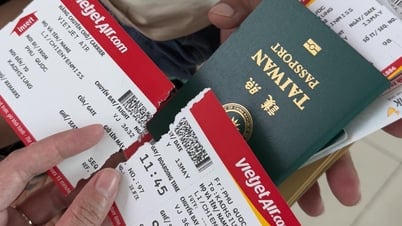



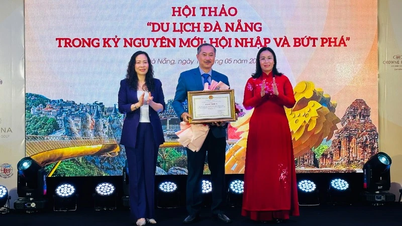





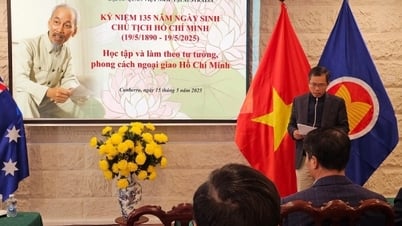
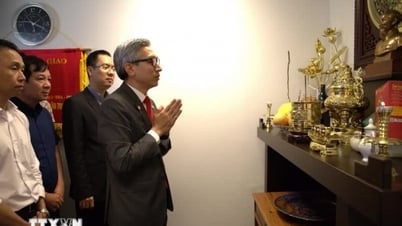
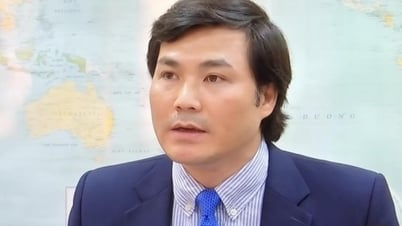


![[Photo] Nearly 3,000 students moved by stories about soldiers](https://vphoto.vietnam.vn/thumb/1200x675/vietnam/resource/IMAGE/2025/5/17/21da57c8241e42438b423eaa37215e0e)

























































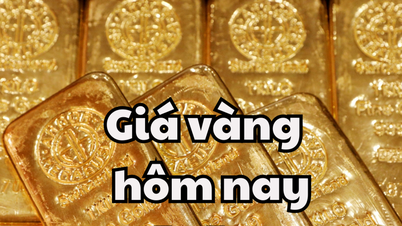
















Comment (0)